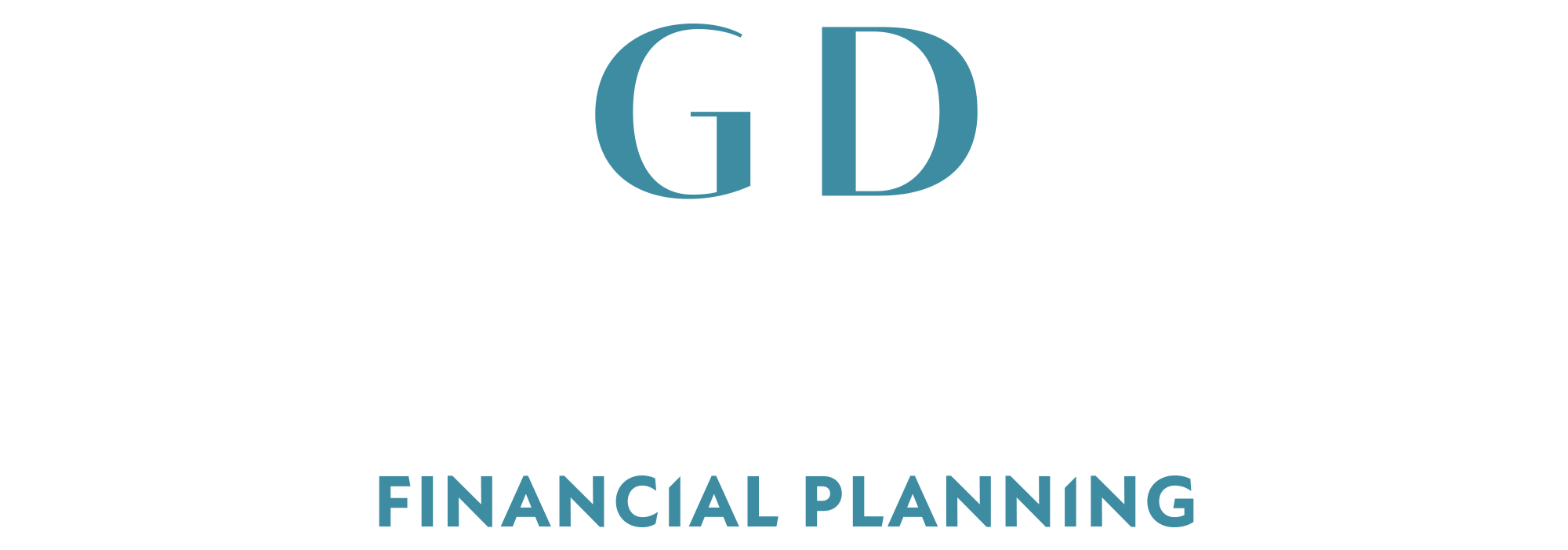Blog
Investing in the Ethical Revolution
The ethical revolution has continued to accelerate in 2020. Extinction Rebellion protests are still taking place, ever more plant-based food and products are coming to market, and businesses are trying to show that they are taking environmental and social concerns seriously. The reason for these developments is consumer and investor demand. Consumers are looking for products that do not harm the environment, and investors want to see the companies in which they have a stake doing right by the world.
At Gibbs Denley, we whole-heartedly support these beliefs and are excited to announce the launch of three more Ethical Investment Model Portfolios from our sister firm, GDIM. In addition to the existing Conservative and Balanced Ethical, you will be able to invest in Cautious Ethical, Moderately Aggressive Ethical and Aggressive Ethical portfolios, giving a range of 5 risk profiles to choose from.
Ethical investing goes by a range of names: ‘ESG’ (Environmental, Social, Governance), ‘responsible’, and ‘sustainable’ are common, and there is a lot of variation in how the approach is perceived and applied. To us, ethical means the avoidance of harm. As a minimum, we expect to have no investments in companies who in their primary business activities engage in:
- Fossil fuels
- Tobacco
- Controversial munitions
- Non-medical animal testing
- Gambling
- Adult entertainment
Instead, we aim to hold funds that are designed to have positive environmental or social impacts, such as renewable energy or affordable housing.
All of our funds produce ‘impact reports’ detailing how they are having a positive influence via the companies in which they invest. It is often the case that our chosen funds align with the ‘UN Sustainable Development Goals’, and can demonstrate how they are contributing to the progress of these. These goals are a blueprint which outlines key areas for development adopted by all UN nations, working towards global peace and prosperity.
Some investment managers argue that to change a company’s behaviour you need to be invested in order to vote against unethical company policies. This method of engagement is proven to have slow progress, and we do not want our portfolios to benefit from company profits at the expense of our minimum standards. It is worth noting that some of our funds do not totally exclude controversial sectors. For example, the main contributors to clean energy are legacy oil companies, whose revenues have historically been generated by fossil fuel extraction. Those legacy oil companies you may find in our portfolios will be ones with revenues that are dominated by renewable energy sources.
Aside from the positive social and environmental benefits, do ‘ethical’ portfolios stand up as an investment solution? After all, you still need to reach your financial goals. The answer is yes: our Balanced and Conservative Ethical portfolios have performed in line with, if not better than, our Whole of Market and Passive portfolios since they launched 10 years ago. Ethical investing leads us to be invested in higher quality companies with more sustainable practices, products and business models which cater to a growing marketplace. Pressure will continue to increase on those companies that are not taking these changes in consumer behaviour seriously, and that will be reflected in their share price performance. The myth that ethical investing is an impediment to returns is easily dispelled; rather, it is evidenced to be a contribution to share price appreciation.
Speak to your adviser to find out how you can be a part of the ethical revolution.
By Benjamin Benson IMC
Investment Manager
Gibbs Denley Investment Management
Newsletter
Sign up to have our latest content delivered straight to your email inbox.


 .
. 